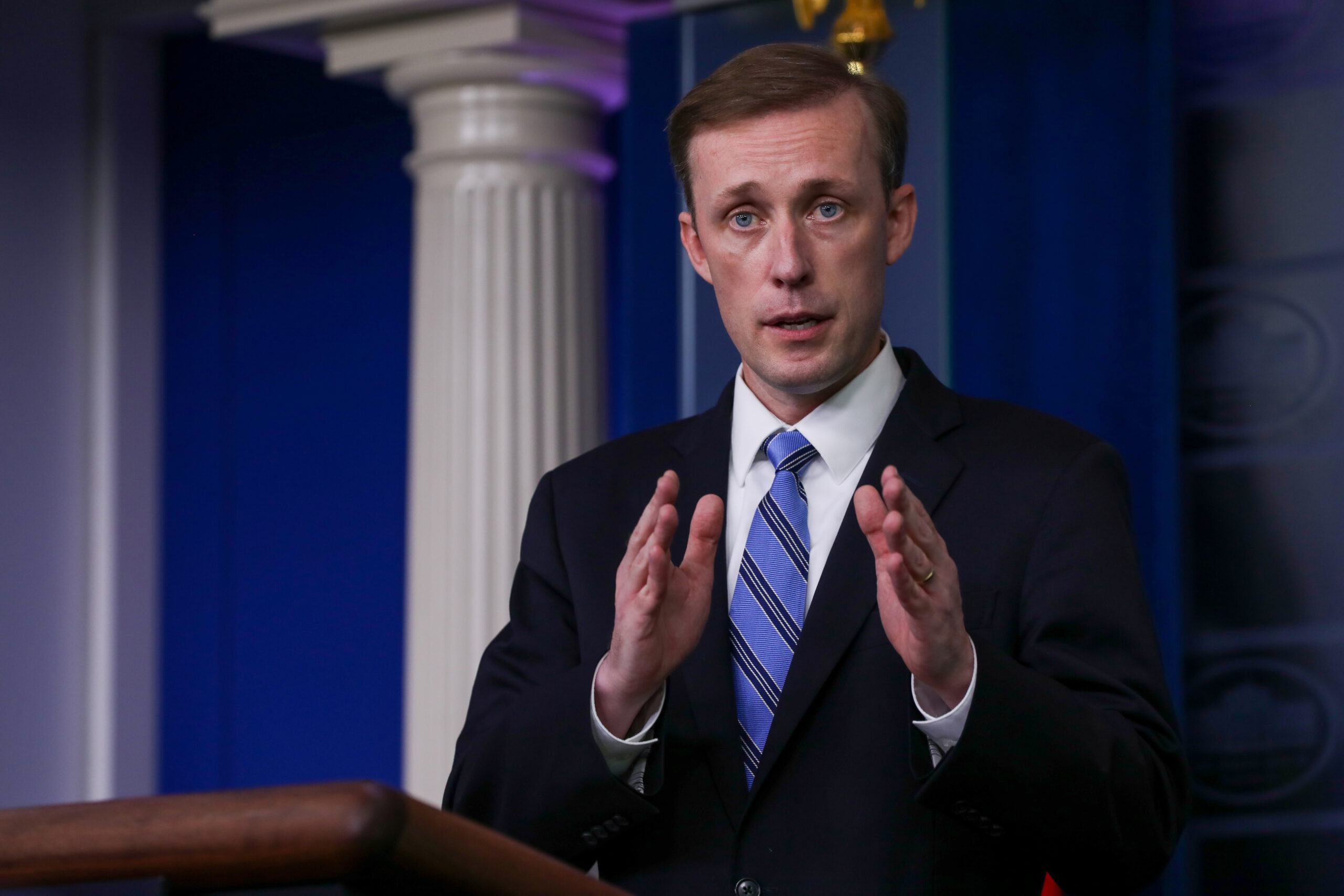Venture capital firms, investment managers and corporate lawyers in San Francisco are likely heaving a sigh of relief.
Just hours after the White House backed measures that would close holes in money-laundering restrictions, they were stricken from a U.S. Senate defense spending bill, setting back efforts at reining in foreign tycoons who pour their money into investments such as Bay Area startups and real estate.
National Security Advisor Jake Sullivan announced on Dec. 6 that the Biden Administration “fully supports” the Establishing New Authorities for Business Laundering and Enabling Risks to Security (Enablers) Act during a speech at the International Anti-Corruption Conference in Washington, D.C.
Under current rules, commercial banks are required to conduct due diligence on their clients and understand the source of their funds. However, other financial professionals face less stringent requirements.
The Enablers Act would allow the Department of Treasury to impose greater due diligence requirements on private equity firms, certain lawyers and accountants, company registration agents, trust administrators, investment advisors and others.
Such investment professionals are important entry points into the U.S. financial system, including through San Francisco, a city that is attractive as a full-service money-laundering destination because it is a Pacific Rim financial services hub and workplace of thousands of employees of global and national law firms, as well as home to some of the most expensive real estate on Earth.
Last month, The Standard revealed that Suleyman Kerimov, a Russian oligarch with close ties to President Vladimir Putin who had been under U.S. sanctions since 2018, had invested $28 million in the San Francisco Bay Area. His money moved through a chain of offshore shell companies and was invested with the help of a San Francisco-based venture capital firm.
The Enablers Act was initially introduced by Rep. Tom Malinowski of New Jersey. In July, a version of the bipartisan bill passed in the House of Representatives as part of the National Defense Authorization Act (NDAA) for 2023.
But despite the hopes of its supporters—a broad spectrum of advocacy organizations and individuals ranging from Greenpeace and the AFL-CIO to a group of conservative foreign policy professionals—the bill did not make it into the final language of the Senate’s version of the NDAA.
According to experts, there is a small possibility that the legislation could be included as part of the appropriations package for fiscal year 2023, but such an approach would be unusual. Barring that, the bill will have to be resubmitted in the next Congress and start its legislative journey from the beginning.
Erica Hanichak, government affairs director at the FACT Coalition, which supported the Enablers Act, told The Standard that Russia’s invasion of Ukraine in February 2022 has been a “brutal, but important wakeup call” for both the U.S. government and public to recognize how illicit funds make their way into the United States.
The Russian political system is riddled with corruption, and top officials’ access to state resources is believed to buttress Putin’s grip on power.
“If Congress truly believes in starving Russia’s oligarchs of the funds they use to undermine global democracy, then it must match the White House’s commitment to revamping the U.S. anti-money laundering framework and pass the Enablers Act by the end of the year,” she said after the Enablers Act was removed from the Senate NDAA.
Experts on illicit finance have generally viewed the Enablers Act as a positive step to close off financial pathways into the United States for international kleptocrats, money launderers and oligarchs.
Although current legislation does require these professionals to inquire about the origins of their client’s money to a degree, they are not required to reject the client or report them to the authorities unless they become aware that the origin of the funds is truly illicit, said Stavros Gadinis, a law professor at University of California Berkeley who researches financial regulation.
“This is a relatively high standard because, essentially, it’s a criminal standard,” he said. “Banks, however, have an obligation to submit a report to the Treasury even when they are suspicious of illicit acts.”
The Enablers Act would bring the anti-money laundering requirements for non-bank financial professionals closer to those for banks.
That would “put the onus on the people who are managing the money to know the source of the money,” FACT Coalition’s Hanichak said.
